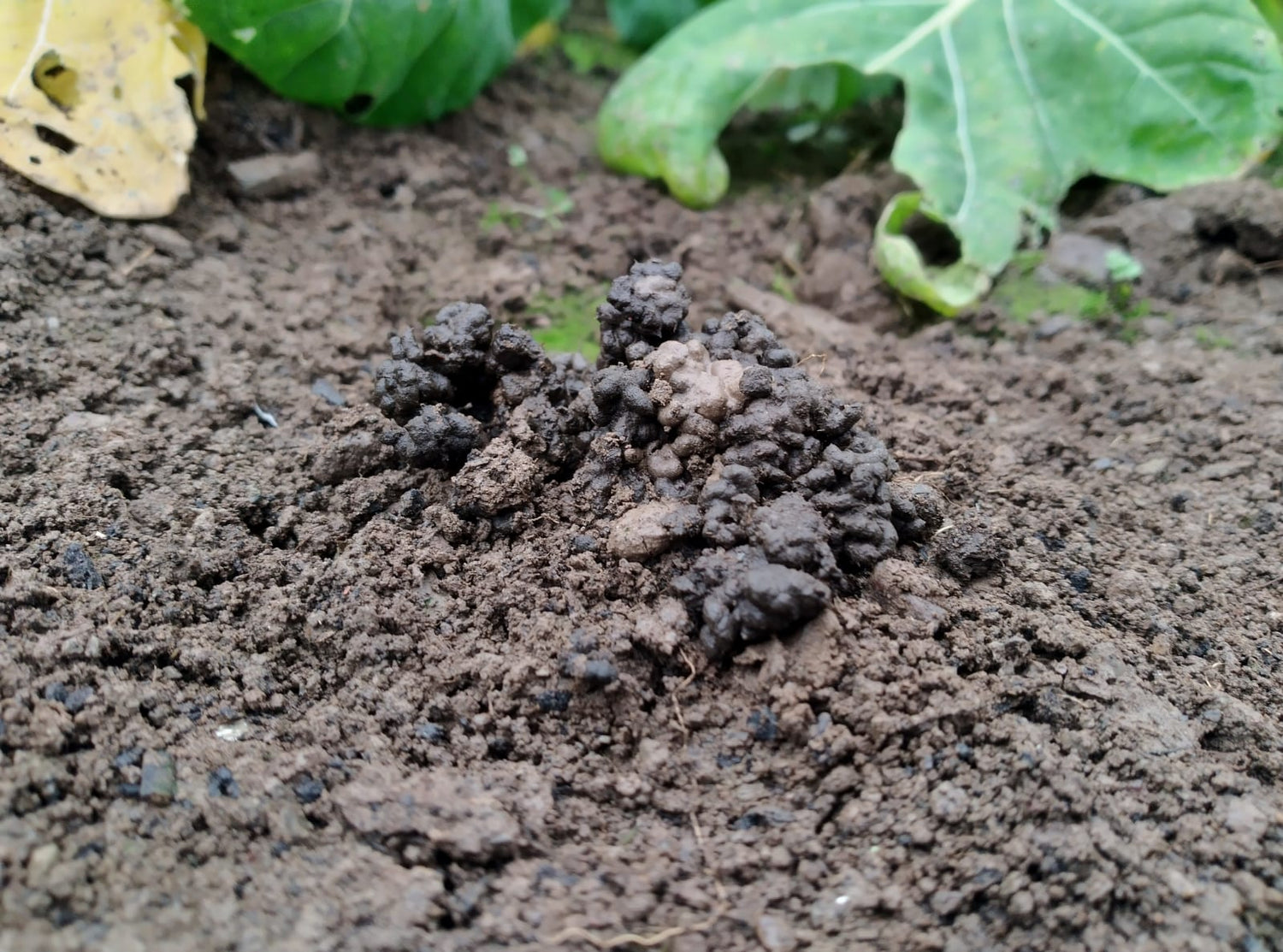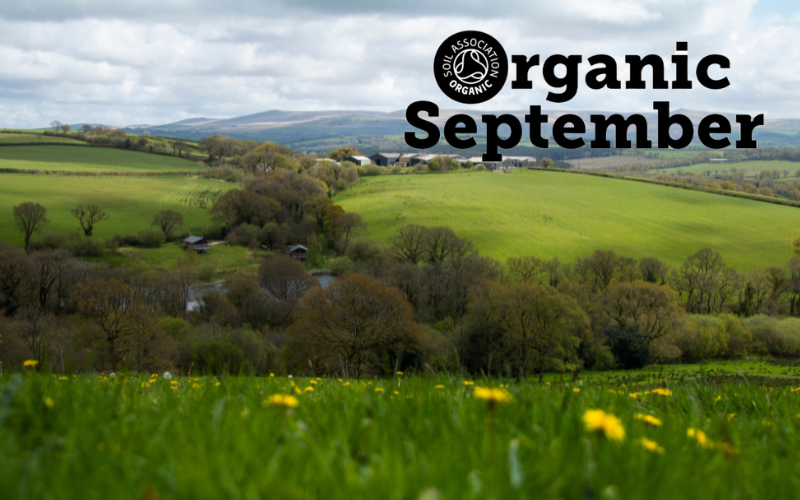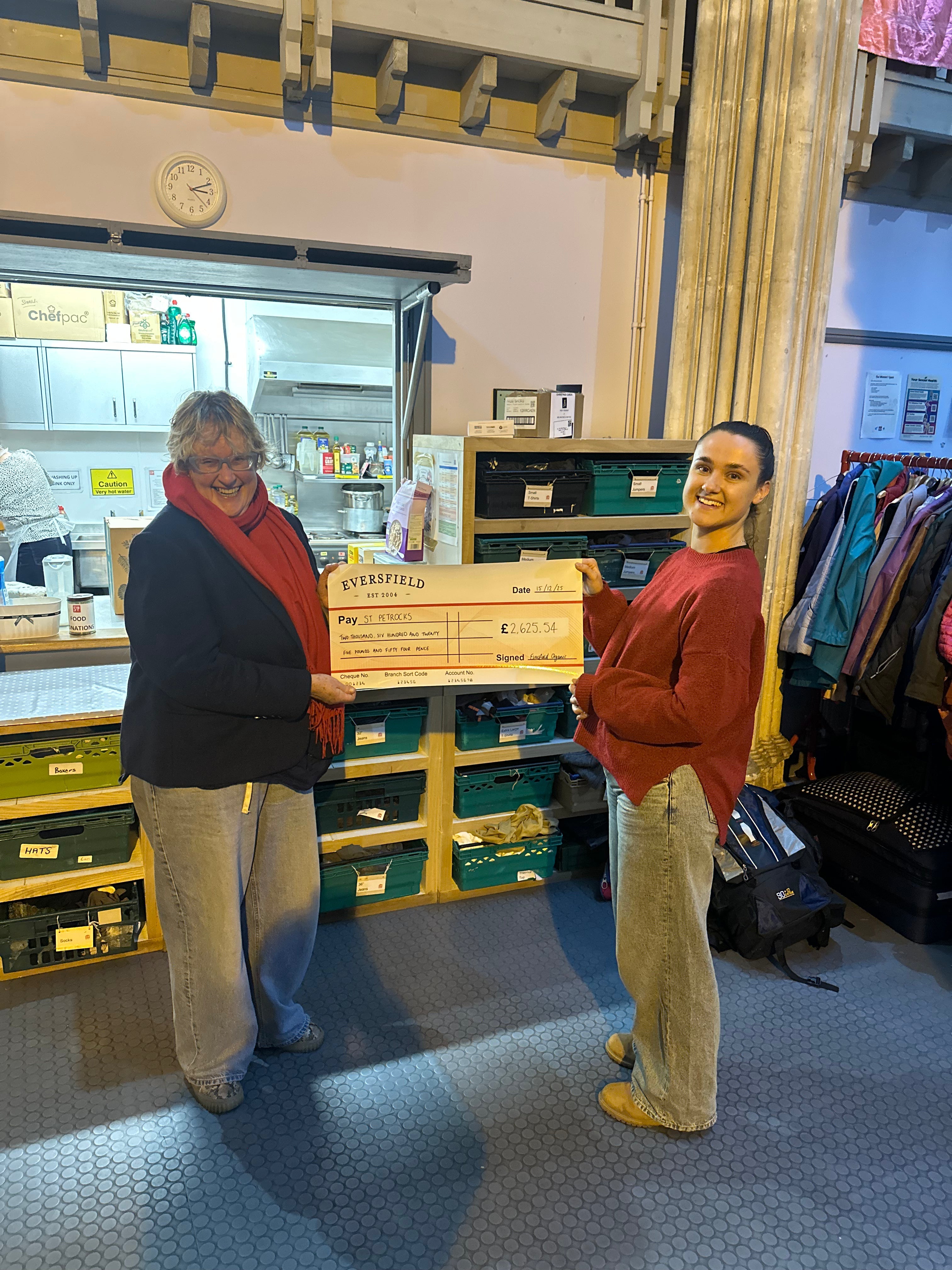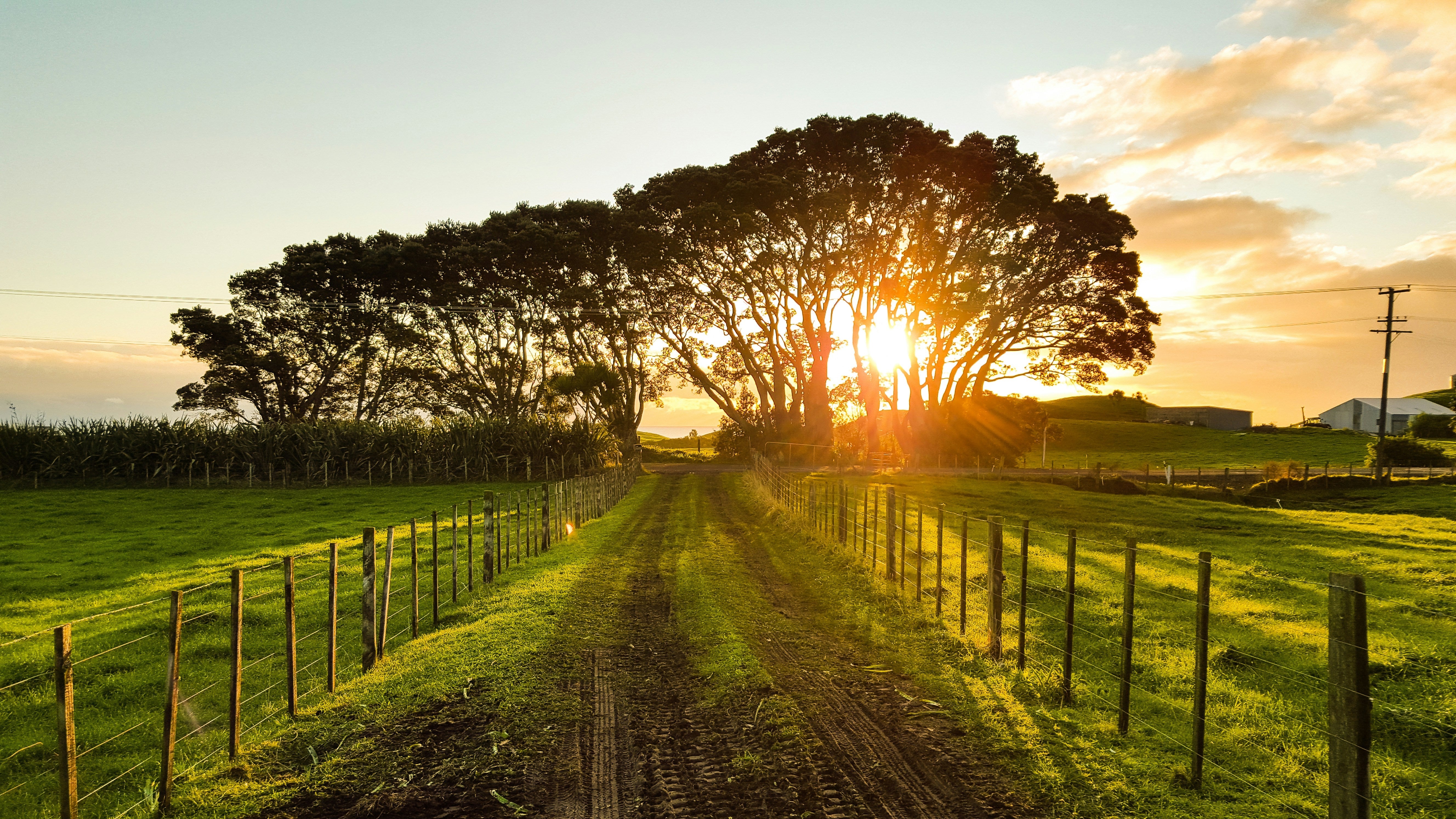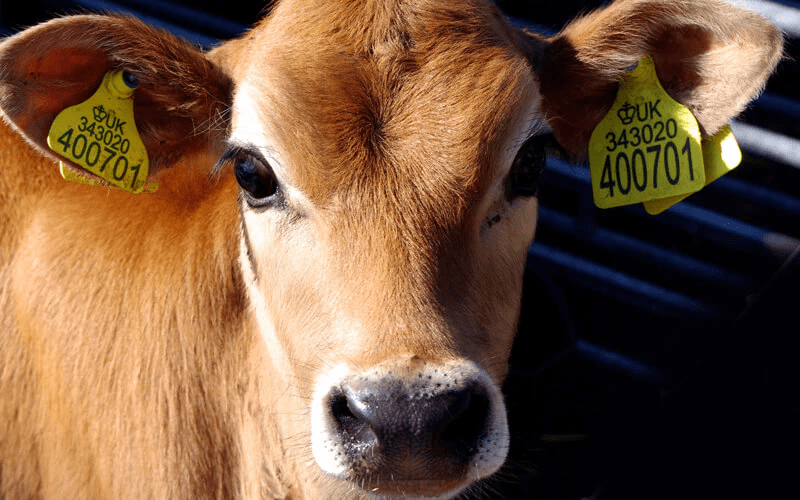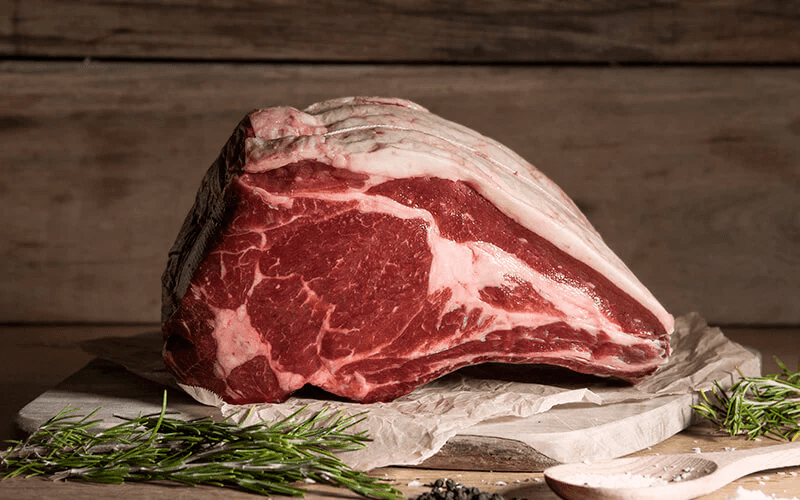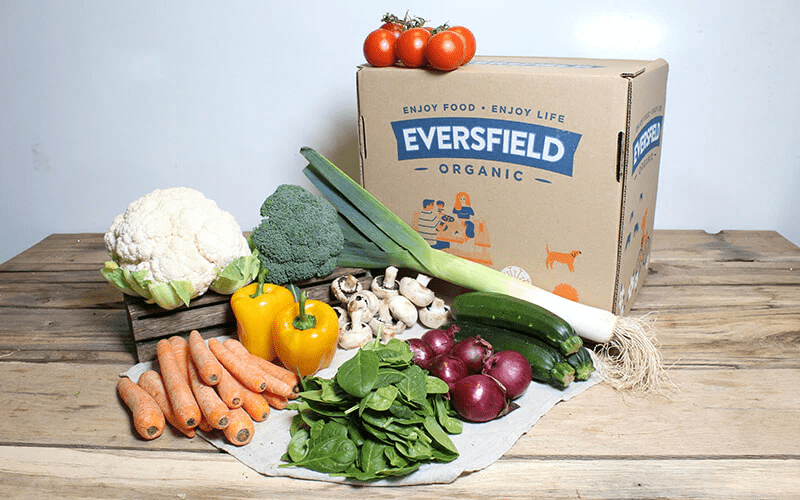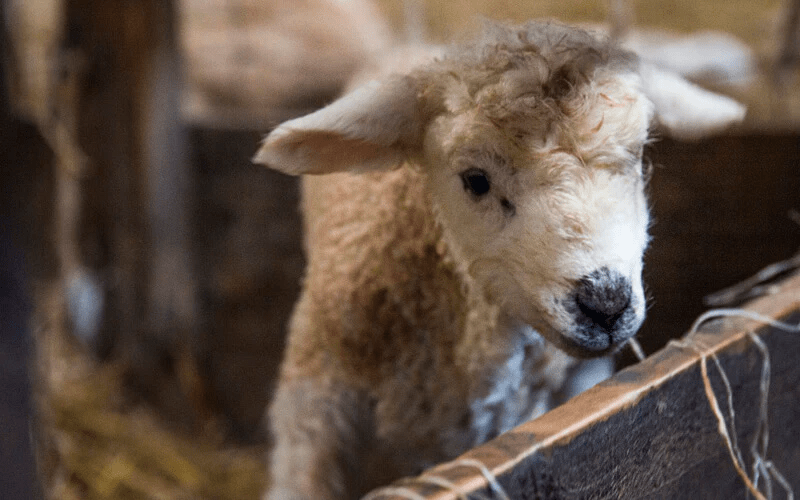Organic Soil: The Key to the Climate Crisis?
The UN classifies around 40% of the planet's land as degraded. Combine this stat with the ballooning global temperatures and the concept of eco-anxiety becomes increasingly tougher to fight off.
This Organic September, we want to raise awareness about how organic farming can impact the environment in the future.

Image: Organic farming is in our DNA here at Eversfield.
The Potential of Soil Carbon Sequestration
How can the dirt below our feet help control the average temperature of the atmosphere? To best answer this question, we must first consider carbon sequestration.
This is the process whereby carbon dioxide is taken out of the atmosphere and stored in the ecosystem (UN). As excess carbon has contributed to the global warming crisis, sequestration may be a key to kickstarting climate repair. To meet the 1.5°C temperature limit agreed on at COP27, we cannot ignore this matter.
What we know for sure is that the healthier the soil, the more efficiently it can sequester carbon. This is good news for those of us who love shouting about the premium quality of organic soil! It has a higher capacity for holding both water and air and the ability to inhibit erosion. There’s no doubt that organic farming can be an influential contributor to the climate battle.
This is not just speculation. Research has revealed that by storing just 1% more carbon in half of the world’s soils by employing more environmentally friendly farming techniques we could absorb around 31 gigatonnes of carbon dioxide per year. Interestingly, this is very close to the proposed 32 gigatonnes that must be reduced globally per year to stay within the 1.5°C target.
Several regenerative farming methods can contribute to enhanced carbon storage in soils. For example, crop rotation, cover cropping and rotational grazing all have their place on an organic, regenerative farm.
Conventional soil contains chemical pesticides, herbicides, and fertilizers to aid the growth of produce, something that is banned in organic soil. This means it can maintain its natural makeup, leading to a higher sequestration capacity.

Image: Our soil is built to sequester more carbon.
But is transforming half of the world’s soils a feasible task? Jacqueline McGlade, former chief scientist at the UN and former executive director of the European Environment Agency certainly believes so. Her research reveals that degraded soil has the potential to store more carbon, specifically in the top 30cm.
Considering the costs that will be associated with the transformation of the soil creates a stumbling block. McGlade estimates that to restore 99,000 acres of badly degraded farmland, it would cost close to £800,000.
Atop this figure, there is also the effects on farmers of this land. How will they cope with the short-term income setback as they transition to regenerative processes? Governing bodies should fix this problem by aiding those impacted as this is a vital process for the planet's future.
Technology and the Benefits for Farmers
McGlade’s experience has led to her leading Downforce Technologies. This company uses publicly available data, satellite images and lidar to provide farmers with detailed diagnostics of how much carbon is stored in their soils. This technology has become so advanced that it can now pinpoint the carbon levels of each field on a farm.
The hope is that the data that Downforce provide could result in additional income for farmers. The premise is, if their fields are absorbing additional carbon dioxide, they can sell carbon credits to the government. This economic benefit could act as an incentive for farmers to switch to sustainable practices and boost their soil health.

Image: More needs to be done to help farmers.
We’ve spoken before about the need for the government to provide support for farmers who are looking to adopt a more regenerative approach to their profession. We need money, knowledge, and guidance to effectively fight the climate crisis and make the most of this chance.
Organic means Climate Action
This year, the Soil Association have made it their mission to align the theme of Organic September with the needs of our climate. While the prospect of tackling the issue head-on is daunting, by pulling together, we can all make a real difference.
When you buy organic produce, you are helping the farmers whose soils are drawing in excess amounts of carbon. Farmers grow organic food with the environment and local ecosystem in mind. For instance, our farm’s market garden prioritises seasonal fruits and vegetables, meaning no excess energy or resources are used to artificially produce goods that are unsuitable in our climate.
This feeds into our closed-loop sustainability system. Find out how we farm with the environment as our utmost priority.


